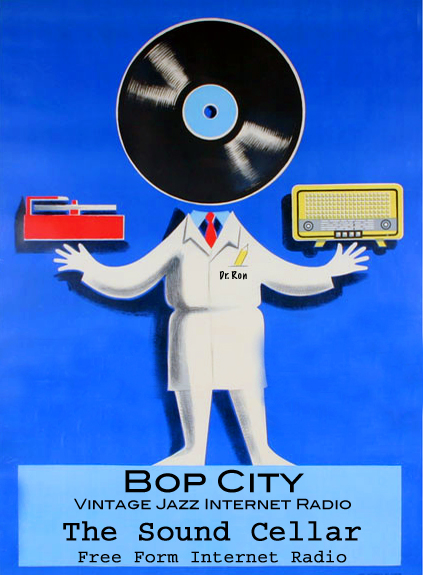Internet Radio - Still Alive
Today, July 15, 2007 was supposed to be the day internet radio died. Thanks to actions from listeners from around the world and a hard line by Live365, we're still streaming classic rock, oldies and with a touch of rhythm and blues to the world.
Live365 has decided that they are not going to pull the plug today. By standing firm, they were going to force Sound Exchange's (SX) hand to use the legal system to shut them down. Sound Exchange and their associated culprits realized that they could not withstand the public outcry if they took legal action against live365 and backed off.
Congress has stepped in with a temporary bill delaying the new performance royalty rates for sixty days so that negotiations can continue between SX and webcasters. Essentially, all parties were called onto the carpet by Congress and a round-table discussion was held in Washington D.C. with various members of Congress and several webcasters. This was a very good thing as SX had been very busy with a strategy of propaganda consisting of half-truths being relayed to Congress and the public. When the details of any proposal that SX had made were uncovered, it was discovered that their "deals" were completely disingenuous and unworkable. One of their offers even required webcasters to give up their rights to pursue existing and future legislation with regard to royalty rates - nothing like dealing with a little extortion while "negotiating."
Distilled, all of this mess comes down to nothing more than a huge effort to not allow control of the distribution of music on the internet by a small contingent of corporations that are only interested in their bottom line. This is a struggle of music lovers versus bean counters and lawyers. This has become more than just about "internet radio."
The folks that stand to lose the most if internet radio goes away are the artists. If the major labels take over internet radio, artists will no longer see performance royalty checks as the labels will direct license their music to label associated stations (see what is happening at last.fm). And, they will lose one of the their only outlets for playing their music for the public's discovery. Independent artists and artists with small audiences will lose big time.
Realizing that satellite radio pays performance royalties as a percentage of revenue and over-the-air radio pays no performance royalties, there are still inequities to be worked out within the scope of the Internet Radio Equality Act (IREA). This fact cannot be ignored.
In summary, it looks like SX's propaganda campaign strategy didn't work. So we're continuing full speed ahead. We're planning some changes at The Sound Cellar which will add more specialty programming.
Thanks for listening to The Sound Cellar!
Live365 has decided that they are not going to pull the plug today. By standing firm, they were going to force Sound Exchange's (SX) hand to use the legal system to shut them down. Sound Exchange and their associated culprits realized that they could not withstand the public outcry if they took legal action against live365 and backed off.
Congress has stepped in with a temporary bill delaying the new performance royalty rates for sixty days so that negotiations can continue between SX and webcasters. Essentially, all parties were called onto the carpet by Congress and a round-table discussion was held in Washington D.C. with various members of Congress and several webcasters. This was a very good thing as SX had been very busy with a strategy of propaganda consisting of half-truths being relayed to Congress and the public. When the details of any proposal that SX had made were uncovered, it was discovered that their "deals" were completely disingenuous and unworkable. One of their offers even required webcasters to give up their rights to pursue existing and future legislation with regard to royalty rates - nothing like dealing with a little extortion while "negotiating."
Distilled, all of this mess comes down to nothing more than a huge effort to not allow control of the distribution of music on the internet by a small contingent of corporations that are only interested in their bottom line. This is a struggle of music lovers versus bean counters and lawyers. This has become more than just about "internet radio."
The folks that stand to lose the most if internet radio goes away are the artists. If the major labels take over internet radio, artists will no longer see performance royalty checks as the labels will direct license their music to label associated stations (see what is happening at last.fm). And, they will lose one of the their only outlets for playing their music for the public's discovery. Independent artists and artists with small audiences will lose big time.
Realizing that satellite radio pays performance royalties as a percentage of revenue and over-the-air radio pays no performance royalties, there are still inequities to be worked out within the scope of the Internet Radio Equality Act (IREA). This fact cannot be ignored.
In summary, it looks like SX's propaganda campaign strategy didn't work. So we're continuing full speed ahead. We're planning some changes at The Sound Cellar which will add more specialty programming.
Thanks for listening to The Sound Cellar!


